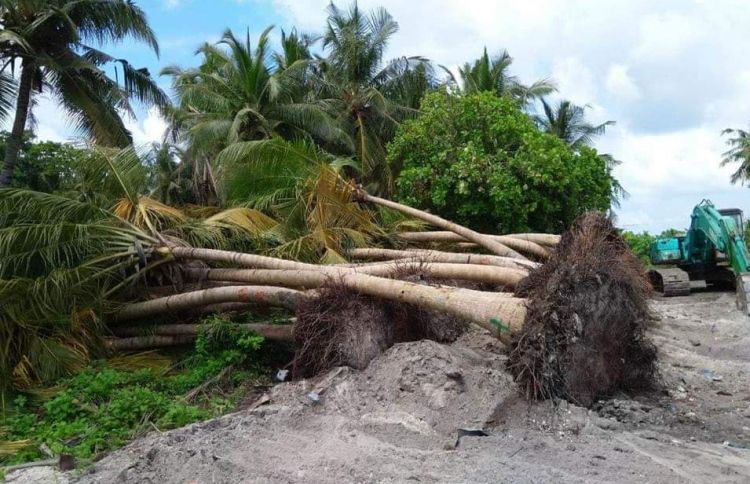Maldives environment agency probing illegal tree removal
Action will be taken against the illegal removal of trees.

29 Oct 2018, 09:00
The Maldives environment agency said Monday it was investigating the removal of trees and coconut palms from inhabited islands to be used for landscaping multi-million dollar tourism developments.
It said complaints were being received about vegetation being cleared illegally for replanting on reclaimed land earmarked for resorts.
The Environmental Protection Agency said trees could only be cut down or removed for replanting with explicit agency permission, and even then only to “fulfill an essential need.”
On Sunday local media reported that more than 500 palm trees on Lhaimagu island, Shaviyani Atoll, had been removed against EPA permission.
Become a member
Get full access to our archive and personalise your experience.
Already a member?
Discussion
No comments yet. Be the first to share your thoughts!
No comments yet. Be the first to join the conversation!
Join the Conversation
Sign in to share your thoughts under an alias and take part in the discussion. Independent journalism thrives on open, respectful debate — your voice matters.




